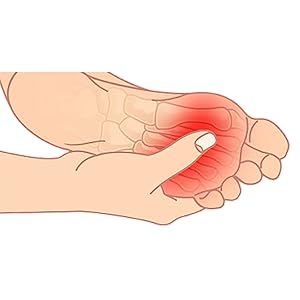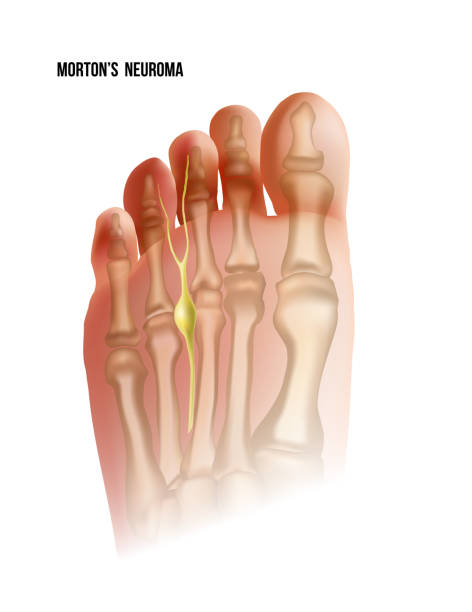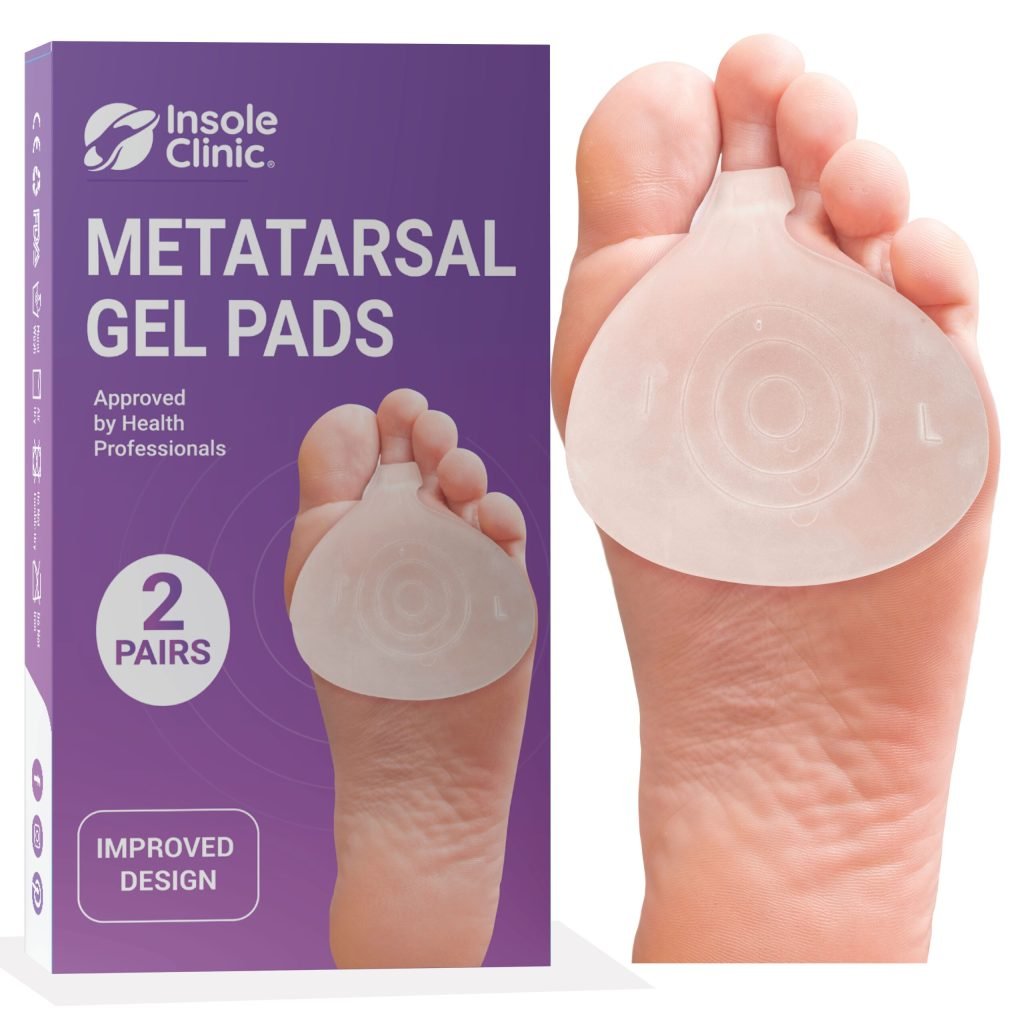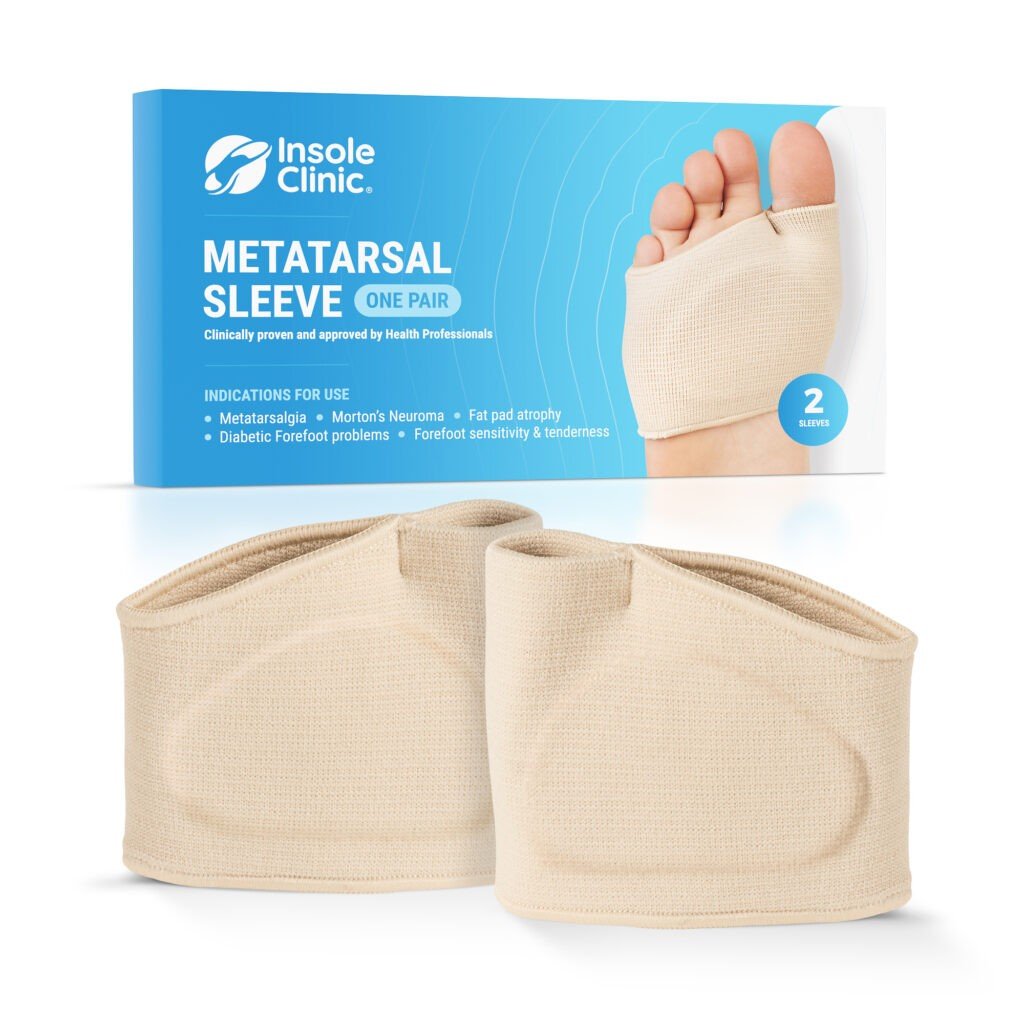Morton’s Neuroma
Morton’s Neuroma
What is Morton’s Neuroma?
Morton’s neuroma is a painful condition that affects the ball of the foot. we will explore the causes, symptoms, and various treatment options available for Morton’s neuroma. By gaining a better understanding of this condition, you can take steps to alleviate discomfort and regain optimal foot health.
Morton’s neuroma is where a nerve in your foot is damaged or irritated. Morton’s neuroma usually affects the nerves between your 3rd and 4th toes.
Causes of Morton’s Neuroma
Morton’s neuroma is often caused by the compression or irritation of the nerve between the toes, typically the third and fourth toes. Some common causes include:
- Footwear: Wearing tight, narrow-toed shoes or high heels can increase pressure on the toes and contribute to the development of Morton’s neuroma.
- Foot Structure: Certain foot conditions, such as high arches or flat feet, can increase the risk of developing Morton’s neuroma.
- Repetitive Activities: Engaging in activities that involve repetitive stress on the forefoot, such as running or jumping, can lead to nerve irritation and the formation of a neuroma.
Symptoms of Morton’s Neuroma
Recognizing the symptoms associated with Morton’s neuroma is important for proper diagnosis and treatment. Some common symptoms include:
- Pain or discomfort in the ball of the foot, typically between the affected toes.
- Scratchy or numb toes.
- Burning sensation or a feeling of something being stuck in the ball of the foot.
- Increased pain when walking, especially while wearing tight shoes or engaging in activities that put pressure on the affected area.


Treatment Options
Several treatment options are available to alleviate the symptoms of Morton’s neuroma and promote healing. These may include:
- Footwear Modification: Wearing shoes with a wider toe box and low heels can help reduce pressure on the affected area and provide more room for the toes.
- Orthotic Inserts: Custom orthotic inserts can help support the foot’s arch and relieve pressure on the neuroma.
- Padding and Taping: Applying metatarsal pads or cushioning between the toes can help reduce pain & pressure on the neuroma.
- Medications: Nonsteroidal anti-inflammatory drugs (NSAIDs) may be recommended to reduce pain and inflammation.
- Physical Therapy: Specific exercises and stretches prescribed by a physical therapist can help improve foot function, strengthen the surrounding muscles, and relieve symptoms.
- Injection Therapy: Corticosteroid injections may be used to reduce inflammation and provide temporary pain relief.
- Radiofrequency Ablation: This minimally invasive procedure uses radiofrequency energy to destroy the nerve tissue, providing long-term pain relief.
- Surgical Intervention: In severe cases that do not respond to conservative treatments, surgical removal of the neuroma may be considered.
Recommendations:
Insole Clinic® always encourages patients to use the following tips to minimize the risk of Morton’s Neuroma:
- Ensure your forefoot, and toes/rays (bones in your forefoot) are not squeezed within the footwear.
- Avoid using footwear with a pointy toe box or almond round toe box shape.
- During impact activities, ensure you are using appropriate Orthotics (recommended) for your feet to prevent excessive pressure on your forefoot which may be secondary to deformities in other parts of your foot.
- Avoid high heel footwear
Thousands of our Insole Clinic® customers have seen improvement while using our products caring for Morton’s Neuroma.
Insole Clinic® recommends checking on the below products for more detail and selecting an appropriate product for your foot conditions.
If you are unsure and need advise, we will be more than happy to advise appropriately based on your feet’ condition. Just drop us an email at [email protected].
Recommended products for caring for Morton’s Neuroma:


